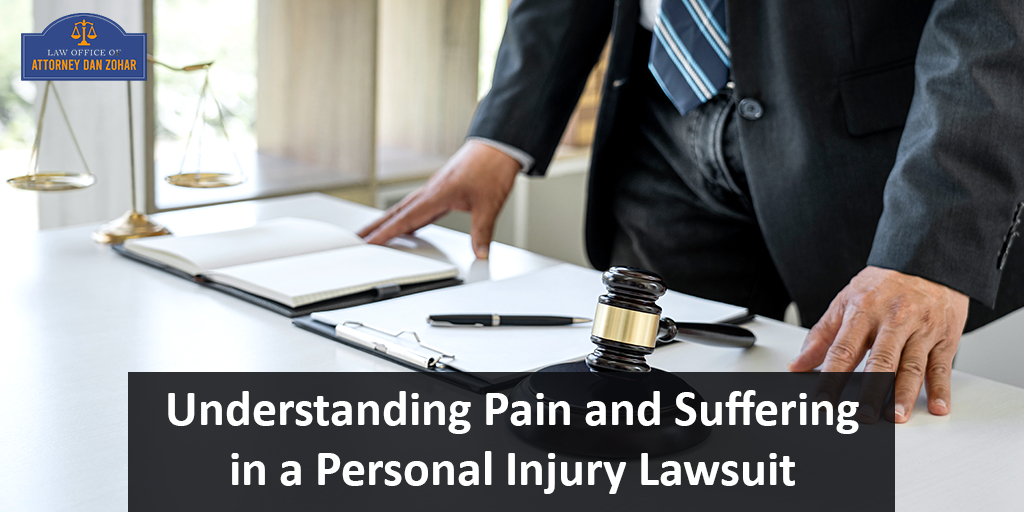Pain and suffering are often the most difficult parts of a personal injury lawsuit. They can be hard to quantify and harder to express in words. Yet, it is crucial for you as a plaintiff when understanding pain and suffering, what constitutes it, how damages are calculated, and why they should matter more than anything else.
Dan Zohar is one of the best personal injury attorneys in Tampa. With more than thirty years of experience, he has had the opportunity to negotiate thousands of personal injury cases, many of which included pain and suffering. This blog post will explore the concept of pain and suffering in-depth so that you may learn about your rights and make an informed decision about your case if necessary.
Types of damages
In general, there are three different types of damages involved in any civil action: compensatory (or actual), punitive, and nominal. Compensatory damages are considered to be within your “actual” or economic losses resulting from an accident. In contrast, punitive damages apply if you were physically injured due to another person’s intentional behavior, such as drunk driving. Nominal damages only apply when no actual harm was done by someone else’s actions—for example, in instances where property damage has occurred without any physical injury sustained.

What are pain and suffering?
Pain and suffering are essentially intangible damages that a plaintiff experienced as a result of an accident. In personal injury law, these terms refer to the physical or mental detriment someone suffers because their body has been injured due to another person’s carelessness. If you have suffered from pain and suffering since your accident, it is likely that you will be able to obtain compensation for this harm by filing a lawsuit against those responsible for causing it.
Here is what to keep in mind if you were recently involved in an accident.
Seek medical attention
If you were involved in an accident caused by someone else’s negligence, seek medical attention and pay attention to all symptoms that might be associated with the accident, regardless of how minor they may seem at first. It is important for anyone involved in a car crash or other traumatic event where they have suffered any type of personal injury, including broken bones, whiplash resulting in neck pain, back injuries, or soft tissue damage, to seek out a specialist that can properly diagnose and treat their injuries.
It may be tempting for victims to try and handle themselves with medication such as Advil or Tylenol for acute injuries before seeing a physician. It is best not to do this because taking these types of medications without proper supervision could result in additional injury if they mask the pain which leads to further complications down the road.

Do not focus only on physical injuries
After an accident, the victim often experiences physical injuries that are easy to document. Other victims may experience severe emotional distress or psychological injury in addition to their physical injuries which can be harder to prove without objective evidence of its existence. These individuals who suffer from intense levels of stress, anxiety, depression, or PTSD due to a personal injury case must focus on proving these feelings exist through medical records rather than self-reporting them after the fact.
Remember, there is no official scale used by insurance companies when they calculate out pain and suffering awards – so it is best to consult a personal injury attorney to help you ensure you are fairly compensated for all your damages and pain and suffering.
Call (800) 963-3311 toll-free today and schedule your FREE consultation with Tampa’s best personal injury lawyer.
